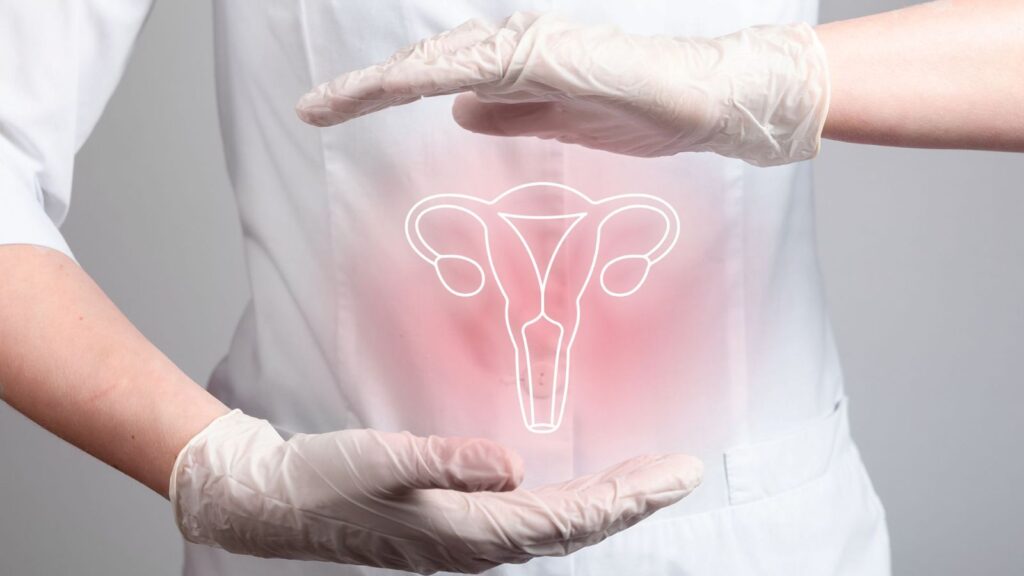Navigating postpartum depression can be challenging. Obstetricians and gynecologists play a vital role in this journey. They offer crucial support and guidance for new mothers facing emotional and mental health hurdles. In places like gynecology miami, these specialists provide essential care that helps women manage and overcome postpartum depression. Understanding their role is key to ensuring new mothers receive the support they need.
Understanding Postpartum Depression
Postpartum depression affects many new mothers. It can occur shortly after childbirth and may last for several months. Symptoms include feelings of sadness, anxiety, and fatigue. Without proper care, these symptoms can affect the mother and her ability to care for her baby.
The Role of Obstetricians and Gynecologists
Obstetricians and gynecologists are often the first point of contact for new mothers experiencing postpartum depression. Here’s how they help:
- Identifying Symptoms: They are trained to recognize early signs of postpartum depression during routine check-ups.
- Providing Support: They offer a safe space for mothers to discuss their feelings and concerns.
- Coordinating Care: They work with other healthcare professionals to ensure comprehensive treatment plans.
Comparison of Screening Methods
| Method | Effectiveness | Time Required |
|---|---|---|
| Questionnaire | High | 5-10 minutes |
| Interview | Very High | 15-30 minutes |
| Self-reported Symptoms | Moderate | Varies |
Integrating Mental Health Services
Collaboration is key in managing postpartum depression. Obstetricians and gynecologists often work with mental health professionals. This integrated approach ensures mothers receive both medical and emotional support. For more on mental health services, visit the U.S. Department of Health & Human Services.

Importance of Routine Care
Routine care is more effective after treatment. Regular visits to an obstetrician or gynecologist help monitor the mother’s recovery. These check-ups allow for adjustments in treatment plans if needed. They also provide ongoing support and reassurance.
Encouraging Open Communication
Creating an environment where mothers feel comfortable discussing their mental health is crucial. Obstetricians and gynecologists foster open communication by:
- Listening: They prioritize listening to mothers without judgment.
- Educating: Providing information about postpartum depression helps mothers understand their condition.
- Reassuring: They offer reassurance that recovery is possible with the right support.
Conclusion
The role of obstetricians and gynecologists in managing postpartum depression is indispensable. They provide not only medical care but also emotional support. Their expertise helps ensure that new mothers can enjoy this special time with their babies. For additional resources, check the Centers for Disease Control and Prevention site. Recognizing their support is a step toward better maternal mental health.

